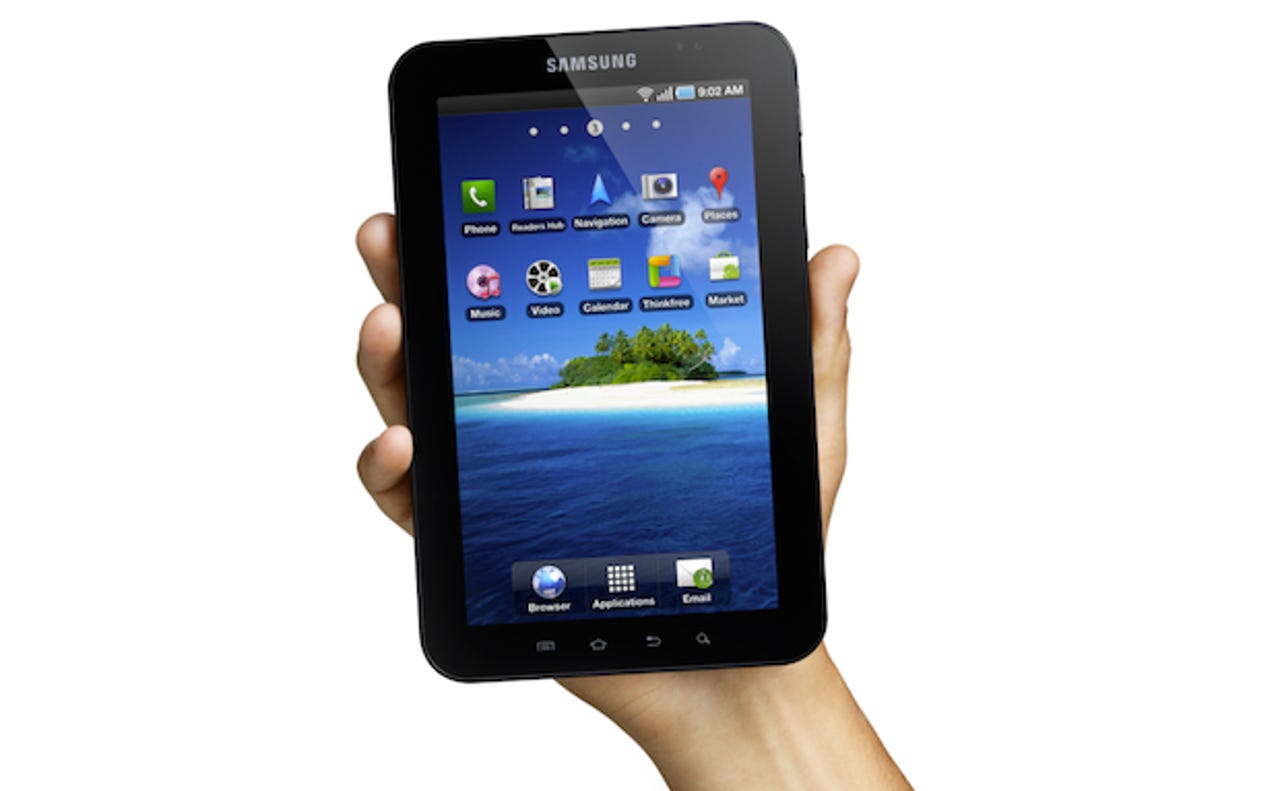Galaxy tablets do not infringe Apple patents, says Dutch court


Samsung's Galaxy tablets do not infringe Apple's design patents relating to the iPad, a court in the Netherlands ruled today.
In a judgment handed down by a district court in The Hague, the court found that the rounded corners of the Galaxy Tab 10.1, 8.9 and 7.7 did not infringe the patents held by Apple, citing a similar case in the British courts last year, which also found in favour of Samsung.
In a statement given to the Reuters news agency, Samsung said: "We continue to believe that Apple was not the first to design a tablet with a rectangular shape and rounded corners and that the origins of Apple's registered design features can be found in numerous examples."
Read this
In October last year, Apple lost a case at the U.K. High Court in London, in which the Cupertino, Calif.-based technology giant argued that Samsung's range of tablets infringed its design by using a similar rounded rectangle design. The court found that Apple's patents were not infringed.
And that's when it all started to get a little bit strange.
Apple was forced by a court order to run so-called "apology" advertisements on its U.K. Web site and a number of British printed publications. Apple placed a note on its U.K. Web site slamming the decision, embellishing the court-ordered text with additional detail in a bid to soften the embarrassment of having to admit to losing against its rival in court.
Samsung complained and Apple was forced to remove the statement. Instead of placing a link at the bottom of its Web site pointing to a separate page, Apple was instead told to include a message at the bottom of the page where it could be seen by anyone visiting the site.
Except, the problem was that nobody could see it. Apple was accused by the online community of using image resizing code that forced users to scroll down the page to view the apology text.
Eventually the code was removed from Apple's site without a word from the court on the matter. The court ordered text was some weeks later published in a range of court-selected British newspapers and technology magazines as the court prescribed.
The iPhone and iPad maker was told to pay Samsung's legal fees in the U.K. for running a "false and misleading" statement on its site.